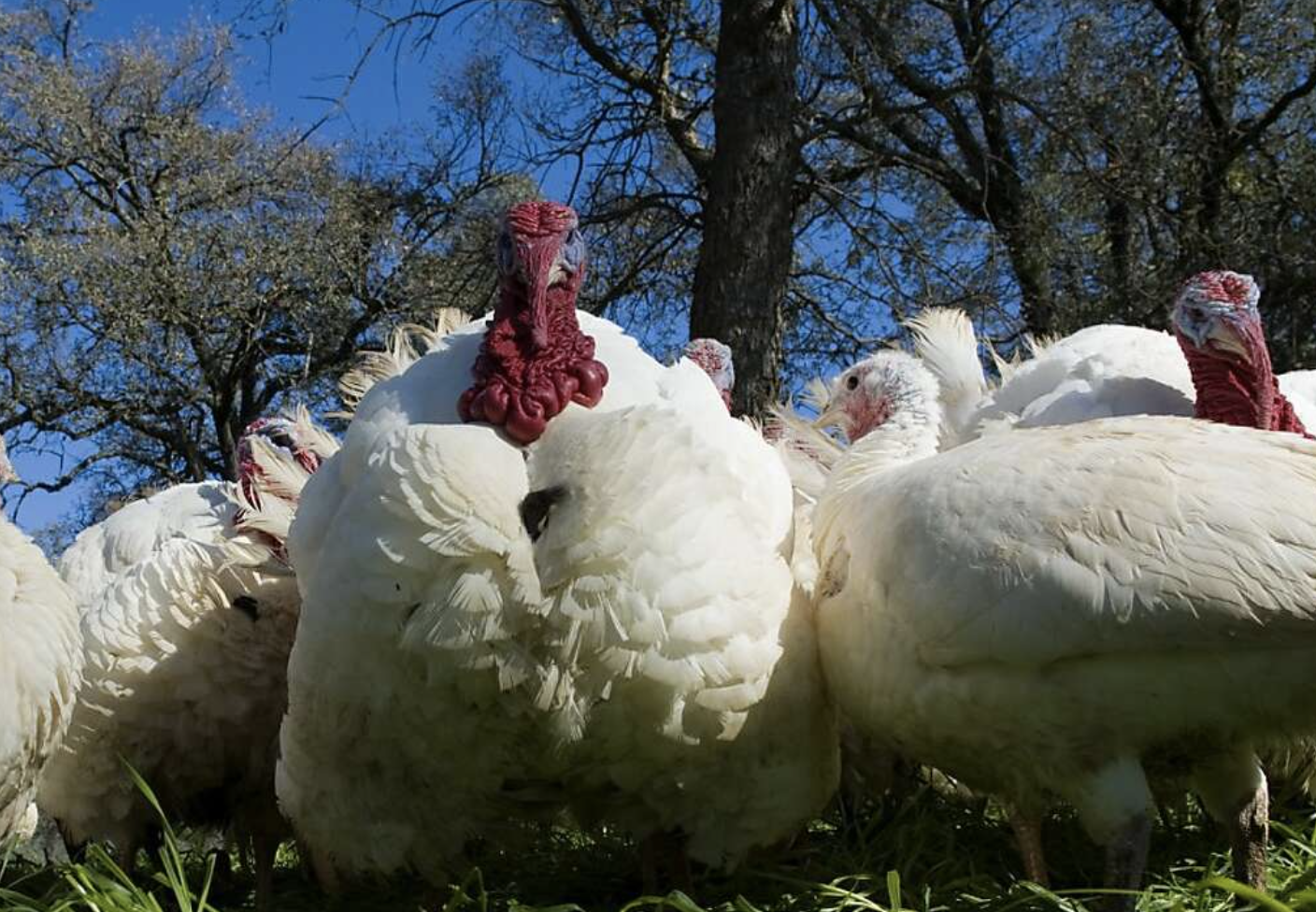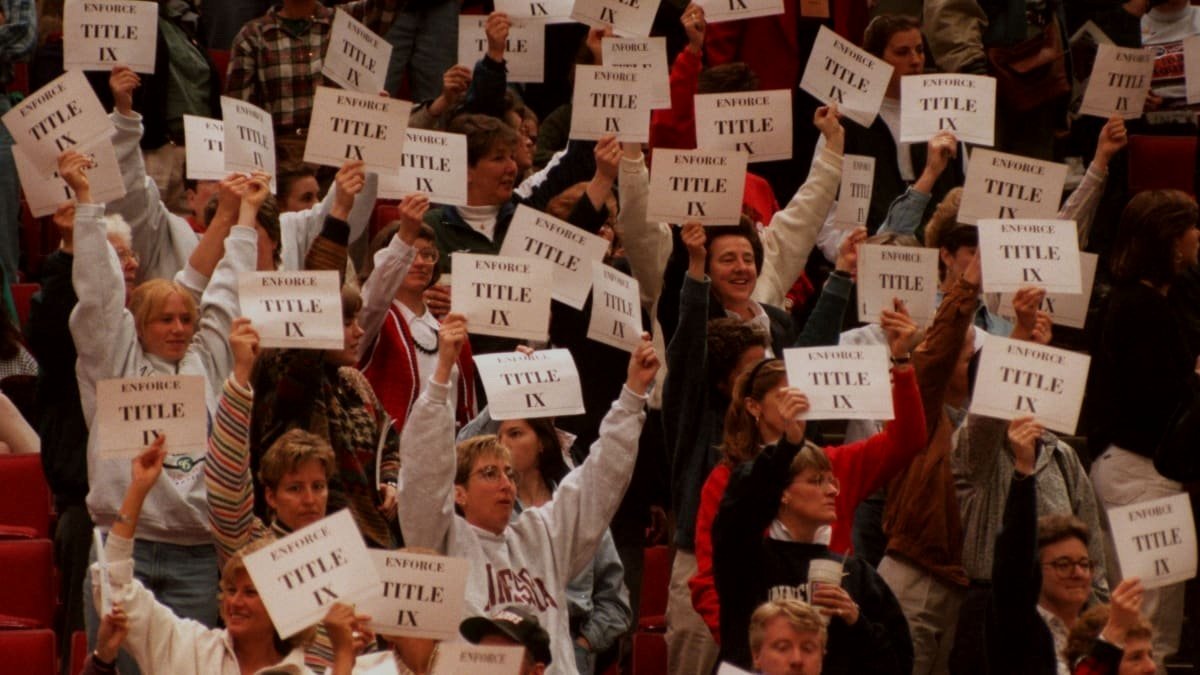
PRACTITIONER BLOG
Read our analyses of developments in Impact Litigation and stay current on class action law

Talking Turkey: Impact Fund Files Amicus Brief To Protect Catalyst Fees For Plaintiffs
In Direct Action Everywhere v. Diestel Turkey Ranch, the plaintiff filed a false advertising lawsuit alleging that Diestel was deceiving customers about the condition in which it kept animals on its properties. Several days into the trial, Diestel voluntarily removed the allegedly false statements from its website as part of a “website refresh.” The trial court denied Direct Action’s motion for catalyst fees for multiple reasons, two of which stood out to the Impact Fund and its allies. First, the court scorned the plaintiff’s reason for bringing the lawsuit and, second, it criticized the plaintiff’s activities outside the courtroom.

Female athletes from James Campbell High School score class certification after Ninth Circuit Appeal
When several students and parents from the girl’s water polo team flagged concerns of gender discrimination, the DOE retaliated against the class. The administration threatened to cancel the water polo season, increased scrutiny of the team, and mysteriously lost required team paperwork. This retaliatory conduct and the stark inequality between male and female athletes at Campbell are out of bounds under Title IX. In an upset, the District Court denied class certification in 2019 finding that the class failed to meet numerosity standards and, for the class-wide retaliation claims, that plaintiffs failed to show typicality and commonality.

Ninth Circuit Panel Decertifies Class of Janitorial & Maintenance Workers: Impact Fund & Amici Urge Rehearing
A certified class of janitorial and maintenance workers survived two motions for decertification, successfully proved employer wrongdoing at summary judgment, and received significant damages in a jury bellwether trial before seeing their efforts undone by the Ninth Circuit. The recent panel opinion in Bowerman v. Field Asset Services, Inc., 39 F.4th 652, 661-63 (9th Cir. 2022), reversed certification after over seven years of litigation as a certified class. In doing so, the panel blatantly ignored the district judge’s repeated conclusion that the case was best managed as a class action.

Mr. T and Rule 23: How Not to File a Class Action Against Facebook
A set of recently filed class actions against three big social media platforms are getting a lot of press and, of course, caught our eye. Constitutional scholars have already had lots to say about the legal theory in those cases but, as we said, we’re all about complex civil procedure – so we asked, “can these class actions fly?” We thought these new cases might offer some teachable moments for would-be class action lawyers who may be thinking they are ready to run the gauntlet of Federal Rule of Civil Procedure 23, the rule that governs class actions in federal court.
New Teeth For California's 'Suitable Seating' Law
On April 4, the California Supreme Court unanimously decided Kilby v. CVS, which adopted a very worker-friendly construction of the state’s century-old “suitable seating law,” and will help ensure that, going forward, seating cases will proceed under California's Private Attorney General Act (PAGA) on a broad class-wide or representative action basis.
Since 1911, California law has guaranteed seats to employees “when the nature of the work reasonably permits the use of seats” (although until 1973, only women were protected).
